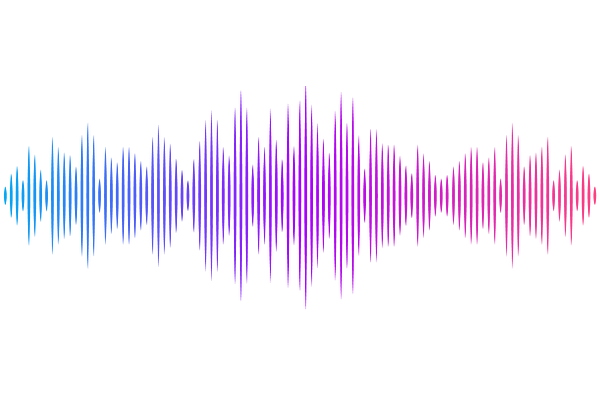DNA Divers: volunteer-based eDNA capture for local and global marine biodiversity monitoring

DNA Divers: volunteer-based eDNA capture for local and global marine biodiversity monitoring
Neave, E. F.; Watson, A.; Cunnington, A.; Maiello, G.; Yates, N.; Parkes, C. J.; Crouch, F.; Catherall, H. J. N.; Shum, P.; Cai, W.; Allemann, R.; Boswarva, K.; Horner, R.; Northway, W.; Bezombes, F.; Bolton, C.; Anderson, B.; Johnson, E.; Meek, S.; Smith, G.; Mariani, S.
Abstract1. Volunteer-based biodiversity recording is a powerful source of scalable data yet to be used to its full potential by the scientific community. Coastal ecosystems are varied and diverse, making it difficult for managers to identify flexible methods for monitoring biological components. Emerging technologies such as environmental DNA (eDNA) analysis are promising for measuring aquatic biodiversity, yet most management organizations lack personnel and capacity to collect molecular data. 2. Here we investigate, together as professional and non-professional scientists, the efficacy of a quasi-passive eDNA capture technique. Volunteer SCUBA divers and snorkelers used low-cost materials, namely cotton medical gauze, to capture eDNA via swimming. We compared this method to conventional eDNA capture techniques in an aquarium and nature, collectively iterating the field and laboratory procedures to improve feasibility. 3. With a small (< 30) network of volunteers, we detected 275 unique teleost and elasmobranch species from varied marine habitats spanning 90 degrees of latitude. The swimming motion of divers was more effective than stationary soaking and the fish communities sampled by divers were comparable to that of conventional eDNA samples. 4. The ease of this technique matched by the eagerness and generosity of volunteers presents an untapped, viable approach for scaling multi-species marine eDNA monitoring as well as an avenue for improving science literacy.